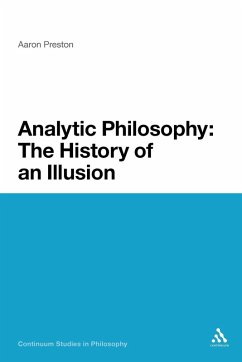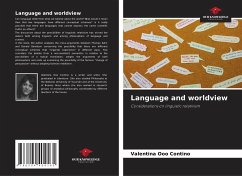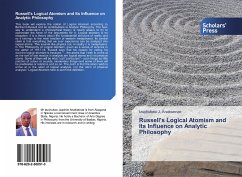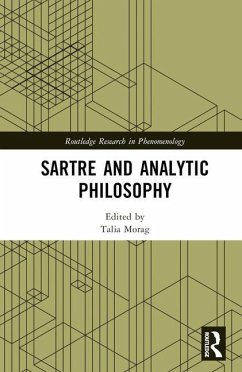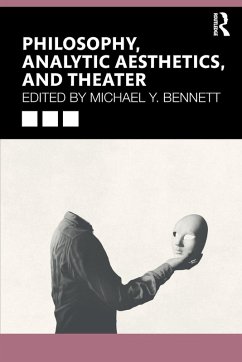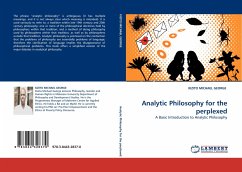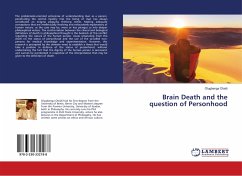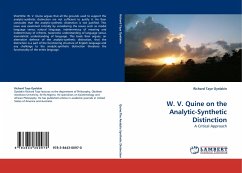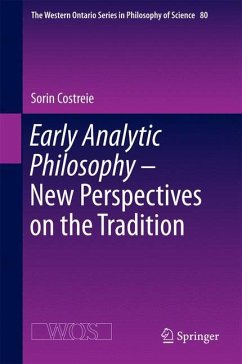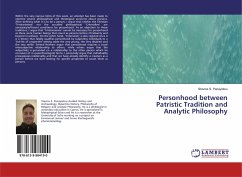
Personhood between Patristic Tradition and Analytic Philosophy
Versandkostenfrei!
Versandfertig in 6-10 Tagen
27,99 €
inkl. MwSt.

PAYBACK Punkte
14 °P sammeln!
Within the very narrow limits of this work, an attempt has been made to examine several philosophical and theological accounts about persons. After defining what it is to be a person, I argue that neither the Christian 'Trinitarianism' nor the so-called philosophical 'Criterialism' are necessary/sufficient conditions for personhood. As an objection to those traditions, I argue that 'Trinitarianism' cannot be necessary for personhood as there were human beings that count as persons before Christianity and beyond Crucifixion. On the other hand, 'Criterialism' is also rejected since it is a theor...
Within the very narrow limits of this work, an attempt has been made to examine several philosophical and theological accounts about persons. After defining what it is to be a person, I argue that neither the Christian 'Trinitarianism' nor the so-called philosophical 'Criterialism' are necessary/sufficient conditions for personhood. As an objection to those traditions, I argue that 'Trinitarianism' cannot be necessary for personhood as there were human beings that count as persons before Christianity and beyond Crucifixion. On the other hand, 'Criterialism' is also rejected since it is a theory that falsely qualifies personhood by subjecting individuals to a ''tick-list of properties'' setting aside the very young, the very disabled and the very senile. Several thinkers argue that personhood requires a social intersubjective relationship to others, while others argue that the subjectivity is grounded on a relationship to the other person which he conceives of in quasi-theologicalterms. I personally argue that individuality presupposes relationality and that we have already identify a creature as a person before we start looking for specific properties to count them as persons.



